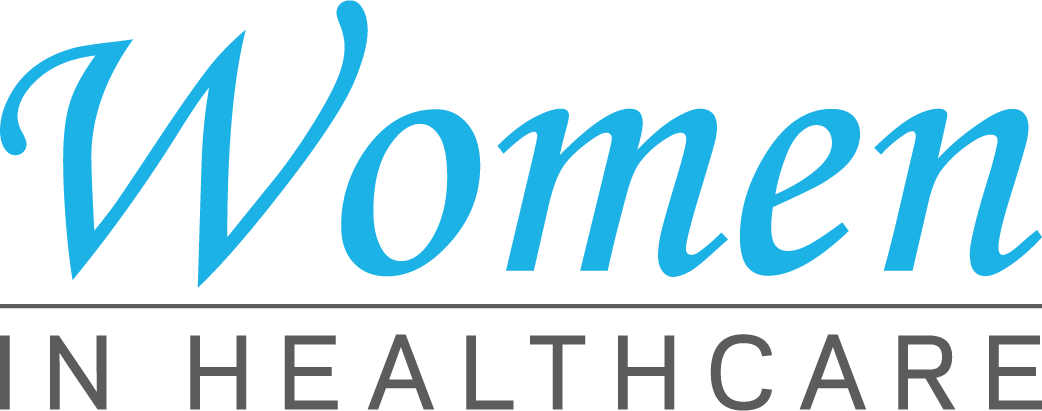Ideal Healthcare RCM Practices to Boost Functional Efficiency and Collections
Ideal Healthcare RCM Practices to Boost Functional Efficiency and Collections
Blog Article
Comprehending the Function of Medical Care RCM in Enhancing Economic Performance and Individual Satisfaction
Navigating the complexities of Health care Revenue Cycle Administration (RCM) is essential for attaining ideal financial efficiency while all at once elevating person contentment. RCM's capacity to streamline billing, guarantee exact coding, and speed up insurance claims processing stands as a keystone of modern medical care operations. Nonetheless, the nuanced interaction between these aspects warrants a closer exam to fully value their influence on both healthcare carriers and clients. As we discover the transformative potential of RCM, questions concerning its critical application and future improvements beckon, appealing insights that could redefine industry standards and individual experiences alike.

Key Parts of RCM
In the complex landscape of healthcare, Profits Cycle Monitoring (RCM) is critical in guaranteeing economic stability and functional efficiency. Person registration and qualification confirmation are fundamental actions, making sure that exact client details is recorded and insurance policy protection is validated prior to services are made.

Fee capture is another crucial element, including the precise recording of services given to clients. It makes sure that all billable solutions are made up, thus making best use of income capacity. Concurrently, clinical coding translates patient experiences right into standard codes, which are important for payment and governing conformity.
Insurance claims entry and management follow, entailing the preparation and submission of claims to payers. This process calls for careful focus to detail to decrease errors and prevent delays. Rejection monitoring is a positive approach to attend to and fix refuted claims, guarding profits streams.
Lastly, settlement uploading and client collections complete the cycle, ensuring settlements are accurately tape-recorded and superior balances are gone after. Together, these elements create a robust framework that supports the financial and functional health of health care organizations.
Effect On Financial Efficiency
Effective Revenue Cycle Management (RCM) substantially influences a health care organization's economic efficiency by enhancing capital and reducing earnings leakage. RCM incorporates the extensive invoicing and collection processes that ensure medical care service providers successfully handle their financial deals from person registration to last settlement. By streamlining these procedures, companies can decrease denied cases, quicken settlement cycles, and improve overall financial health.
Monetary performance is improved with thorough monitoring of payment treatments, which entails accurate coding and timely entry of insurance claims. This minimizes the chance of case denials and rejections, which can dramatically prevent revenue flow if not dealt with quickly. In addition, incorporating advanced technology solutions facilitates real-time tracking of cases and financial metrics, offering healthcare administrators with the tools required to make informed calculated decisions.

Enhancing Person Fulfillment
While optimizing economic performance is an essential purpose of Earnings Cycle Administration (RCM), it additionally plays a critical role in boosting patient contentment. Clients today need openness, efficiency, site here and precision in their health care communications. RCM systems enhance these procedures, offering individuals a smooth experience from visit organizing to repayment. By lowering administrative problems, RCM enables medical care suppliers to focus extra on individual care, which directly enhances patient complete satisfaction.

RCM also enhances patient fulfillment through reliable communication. By preserving a comprehensive database of individual details, RCM helps with enhanced interaction between patients and medical care providers, making certain individuals really feel notified and valued.
Strategies for Reliable RCM
Achieving effective Revenue Cycle Administration (RCM) needs medical care companies to implement a set of strategic practices that ensure financial stability and functional effectiveness. One crucial technique is the fostering of technology-driven remedies, such as integrated software program systems that streamline payment go to this website processes, lower mistakes, and enhance information accuracy. These systems allow real-time tracking of monetary metrics, enabling prompt identification and correction of ineffectiveness.
One more technique is the standardization of processes throughout the earnings cycle. Healthcare RCM. This entails establishing regular plans for individual registration, insurance confirmation, and asserts handling. By guaranteeing that all team adhere to these standards, companies can expedite and minimize inconsistencies repayment collections
Personnel training and development likewise play an essential duty in effective RCM. Well-trained workers can successfully navigate complex billing treatments and guidelines, reducing rejections and enhancing capital. Regular updates on policy modifications and ideal methods aid maintain a well-informed and qualified labor force.
Future Trends in RCM
As healthcare companies improve their Earnings Cycle Administration (RCM) strategies with innovation and standard processes, attention is now turning towards the future patterns forming this vital location. One significant trend is the assimilation of man-made intelligence (AI) and artificial intelligence to automate complex navigate here tasks, such as cases refining and predictive analytics. These innovations are expected to minimize errors, speed up transaction times, and give data-driven understandings for much better decision-making.
Furthermore, the shift towards value-based treatment remains to affect RCM techniques - Healthcare RCM. Doctor are anticipated to increasingly concentrate on person end results and satisfaction, demanding RCM systems that can suit brand-new repayment versions. This shift will need more thorough data collection and evaluation to successfully determine and report on efficiency metrics
Interoperability is an additional emerging top priority, as smooth information exchange in between disparate systems becomes vital. Enhanced interoperability will promote more accurate person info sharing, reducing management burdens and improving the individual experience.
Verdict
Health Care Income Cycle Monitoring (RCM) significantly affects both economic efficiency and individual fulfillment by maximizing invoicing procedures, making certain precise coding, and making it possible for prompt cases submission. Effective RCM decreases income leak and increases capital, reducing claim denials and accelerating payments. This performance fosters depend on and contentment amongst patients. RCM systems also promote better communication and versatile repayment alternatives, developing a patient-centered experience. Future RCM patterns will likely concentrate on more incorporating innovation to enhance these advantages.
Navigating the complexities of Medical care Income Cycle Administration (RCM) is essential for attaining optimum monetary performance while simultaneously raising client fulfillment. RCM incorporates the extensive invoicing and collection procedures that ensure health care suppliers effectively manage their financial purchases from person enrollment to last repayment. By decreasing administrative problems, RCM permits healthcare carriers to focus more on individual care, which directly improves patient contentment.
By maintaining a comprehensive data source of person details, RCM facilitates enhanced interaction in between patients and healthcare suppliers, making certain people feel notified and valued.Medical Care Revenue Cycle Management (RCM) substantially affects both financial performance and client fulfillment by enhancing billing processes, guaranteeing exact coding, and allowing timely claims entry.
Report this page